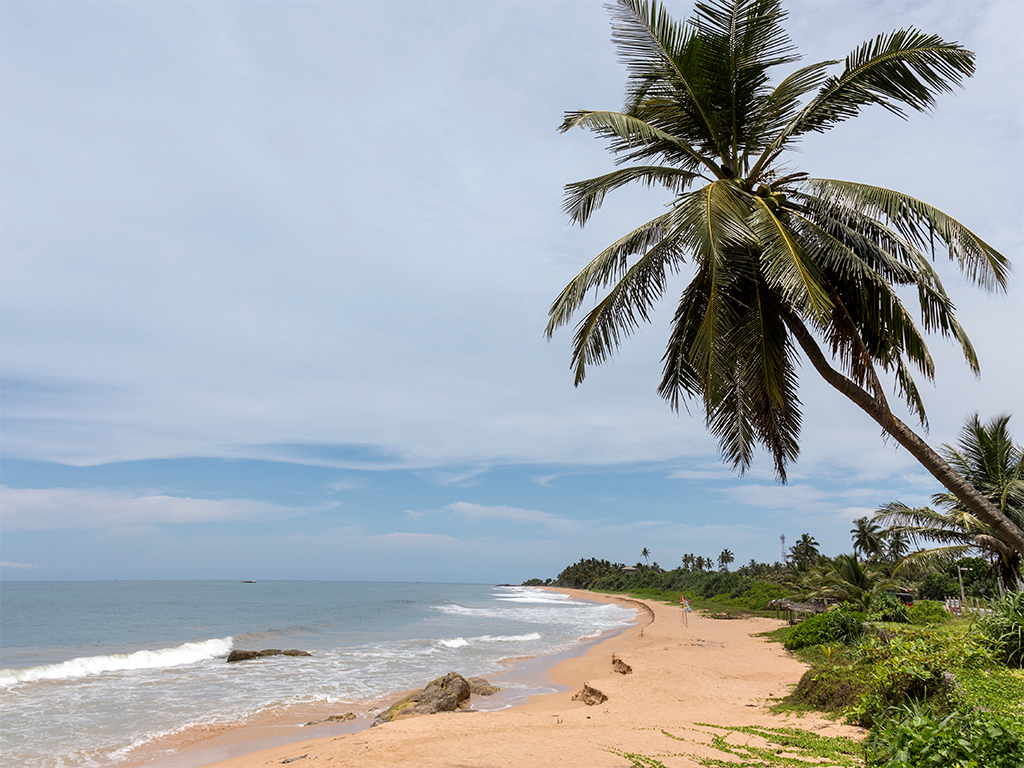With its breathtaking beaches, tropical forests and delectable food, Sri Lanka is a tourism hotspot, receiving an estimated one million visitors each year. The Lonely Planet even named the country its best place to visit in 2013, praising its culture and value for money.
Travellers are encouraged to visit the region, but at the same time be aware of ethical practices that will promote the livelihood of the Sri Lankan people
But behind the beauty, Sri Lanka has a dark history. Scars from the country’s 25-year civil war, which only ended five years ago, still run deep. While tourism is an essential part of Sri Lanka’s economic growth, it is important travellers understand the area’s history before splashing out.
An uncivil government
The war began in 1983, rising from ethnic tensions between the country’s majority Sinhalese and minority Tamil population. The Sinhalese had come to resent what they saw as favouritism towards Tamils during Britain’s colonisation of Sri Lanka. Following independence from Britain in 1948, the bitterness grew.
The Tamils began to break away from the rest of Sri Lanka, forming a rebel group, the Liberation Tigers of Tamil Eelam (LTTE or Tamil Tigers), and demanding an independent state. But this bid for freedom angered the government and they made it their mission for the next three decades to stop the Tamil Tigers.
It was a dirty war on both sides, but the bloodiest months came towards the end of the conflict. In 2009, over 50,000 civilians and Tamil Tigers fled to the country’s ‘no fire zone’ in the hope of respite. Human Rights Watch and UN satellite images suggest government forces then indiscriminately shelled the area. The scene of this atrocity came to be known as ‘the killing fields’.
Ethical tourism
As Sri Lanka recovers from the conflict, tourism will play an increasingly prominent part in its economic prosperity. Travellers are encouraged to visit the region, but at the same time be aware of ethical practices that will promote the livelihood of the Sri Lankan people.
Tourists in Sri Lanka should look for family-run hotels and local businesses. Many businesses have been subsumed by the country’s military since the war; to spend money at these places would be to deny local traders valuable business. These companies can be easily detected, as workers tend to wear military uniform.
Visitors can also engage in a number of community projects – such as helping plantation workers, turtle conservation, or working with children – to further the recovery of the area.
The Sri Lanka Campaign for Peace and Justice recommends that tourists travelling in the region speak to citizens about what it is like to live in the country, and how they feel in the aftermath of the war – so that they can spread awareness back home. The organisation hopes such activity will encourage the UN to prosecute the Sri Lankan government for war crimes. The organisation does add, however, that tourists should speak to people with sensitivity – bad-mouthing the government can be dangerous.
Ultimately, now that the country has recovered from the war, it is important to Sri Lanka that travellers visit and spend money there. But they must ensure it goes to the right hands.





